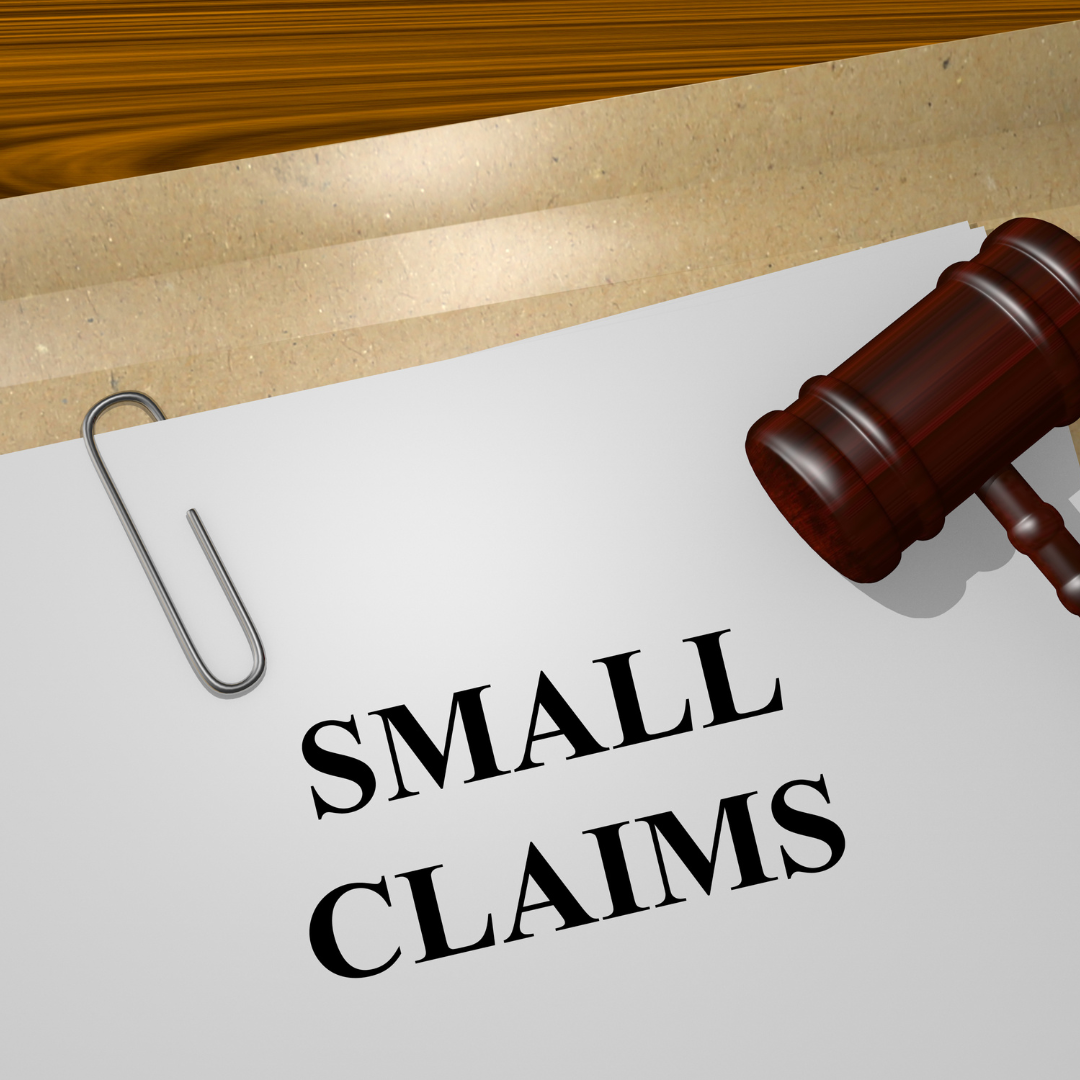Got your attention, didn’t I? This blog is the first in a five-part series I will write on representing yourself in small claims court. In the legal world, a small claim is akin to removing a splinter. It can be done successfully by a non-lawyer with care and proper preparation. However, I must preface these blogs with the warning that they are limited strictly to small civil claims. I do not recommend that anyone proceed at a higher level without professional assistance any more than I recommend you try to remove a bunion with an exacto knife and a pair of tweezers. Even with a small claim, spending a couple of hundred bucks for a paid consultation with a lawyer before the hearing is money well spent.
Also, representing oneself in court is an option only for human beings. By law, corporations and other business entities cannot be represented by a non-lawyer. Anyone attempting to do so risks sanctions for practicing law without a license and any proceedings that take place may be null and void.
So what is a small claim? The amount depends on the jurisdiction. In Pennsylvania, claims for $8000 or less, exclusive of attorney fees and costs, may be brought in the local district courts, also called the minor judiciary. To file the claim properly, you need to know where to file it. Typically, the aggrieved party (plaintiff) will file the complaint in the district where the injury or damage occurred or where the person or company being sued (defendant) lives or has a place of business. To locate your local district court, go to www.aopc.org and click on the “Minor Courts” tab, or follow the link from my website.
The complaint itself is nothing more than a one-page form you can obtain from the court or download online. Fill in your name and address, the defendant’s name and address, the amount of money you are seeking, and a brief description of your claim. It can literally be as simple as “I loaned him money and he did not pay me back.” That’s it! No need to cite to statutes or case law.
Filing fees also vary depending on the jurisdiction and the amount of the claim, but generally do not exceed $125.00. Once you turn in the complaint form and pay your fee, the court will send notice of your complaint to the defendant. If the defendant fails to respond, usually within twenty (20) days, the court will enter a default judgment in the amount you requested. If the defendant responds, the court will schedule a hearing, usually within a couple months of the filing date on the complaint.
Because of their simplicity, speed, and nominal cost, the small claims courts are an effective way of disposing of minor claims without involving lawyers and incurring the time and expense of more intensive litigation. However, as with most things in life, there is a catch. Either party has the right to appeal an unfavorable decision from a small claims court to the county court (In PA, the Court of Common Pleas). Unscrupulous litigants may appeal simply to drive up the cost, aggravate their adversary, and delay the final resolution. If the court’s award is not appealed within thirty (30) days after the judgment is entered, it becomes final and enforceable, but even a final judgment does not necessarily equate to money in hand from the defendant. We’ll leave collection of judgments for another blog.
The remainder of this series will cover:
- How to prepare your case if you’re the plaintiff
- How to prepare your case if you’re the defendant
- Landlord/Tenant disputes
- Small claims in New Jersey Special Civil Part

